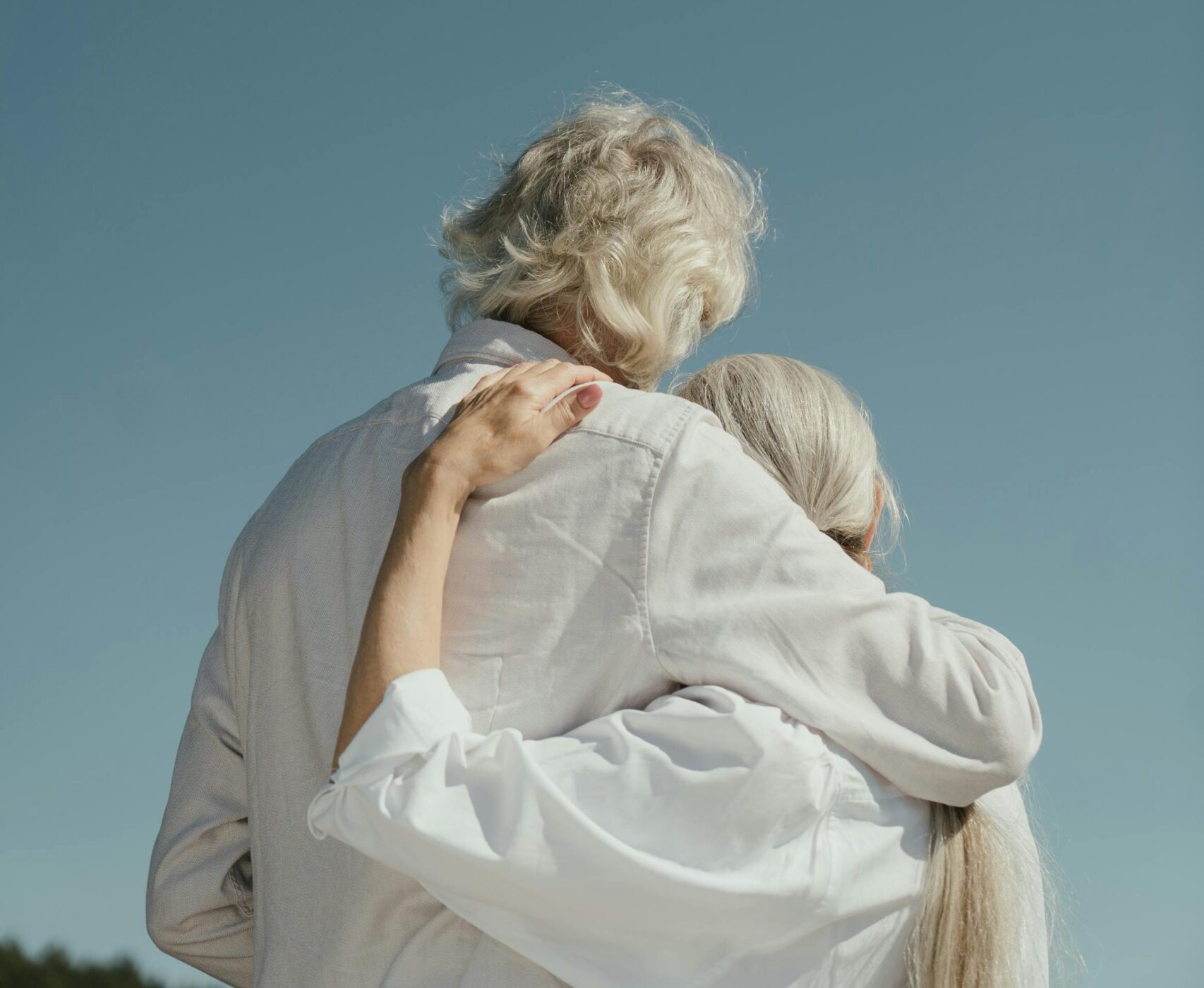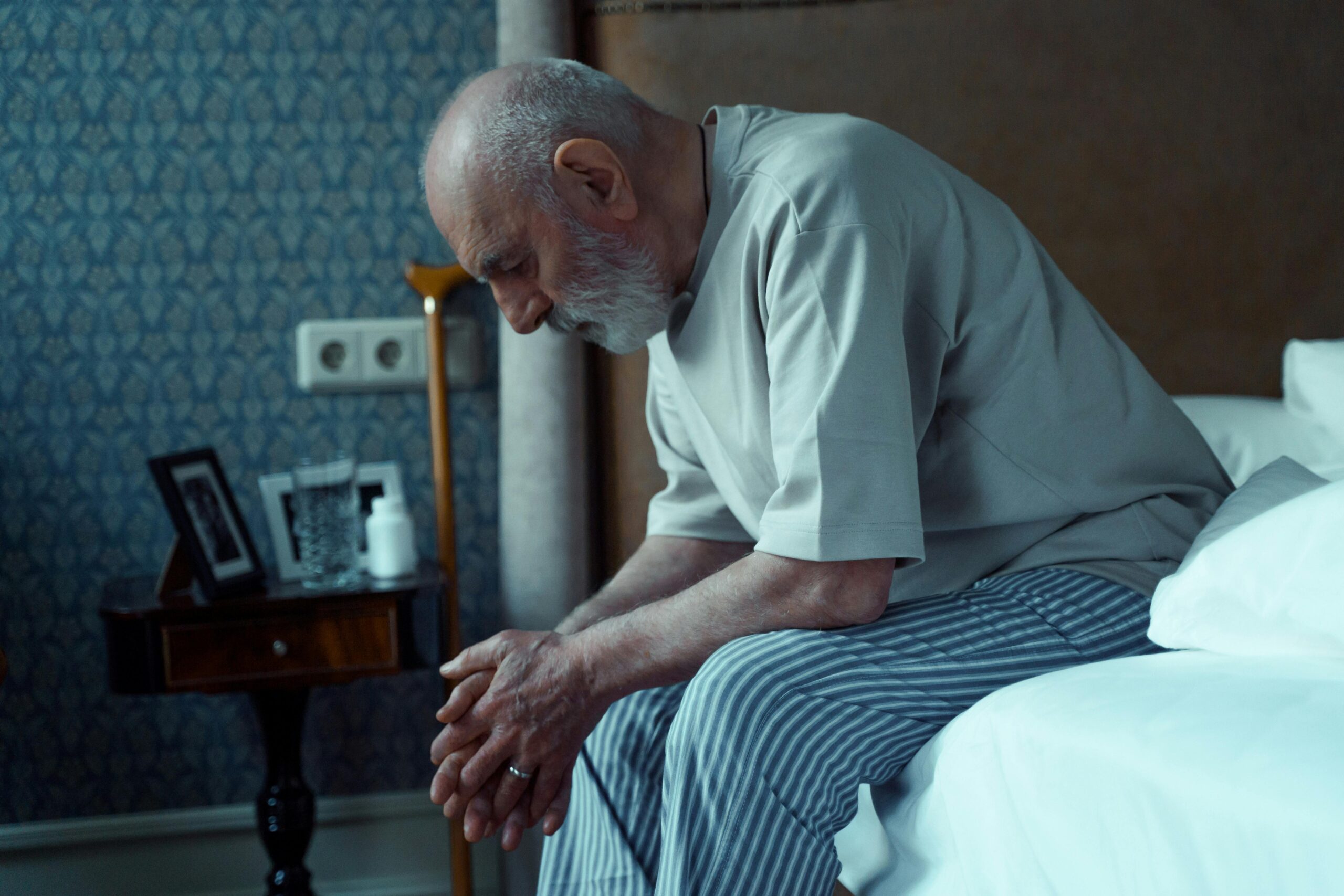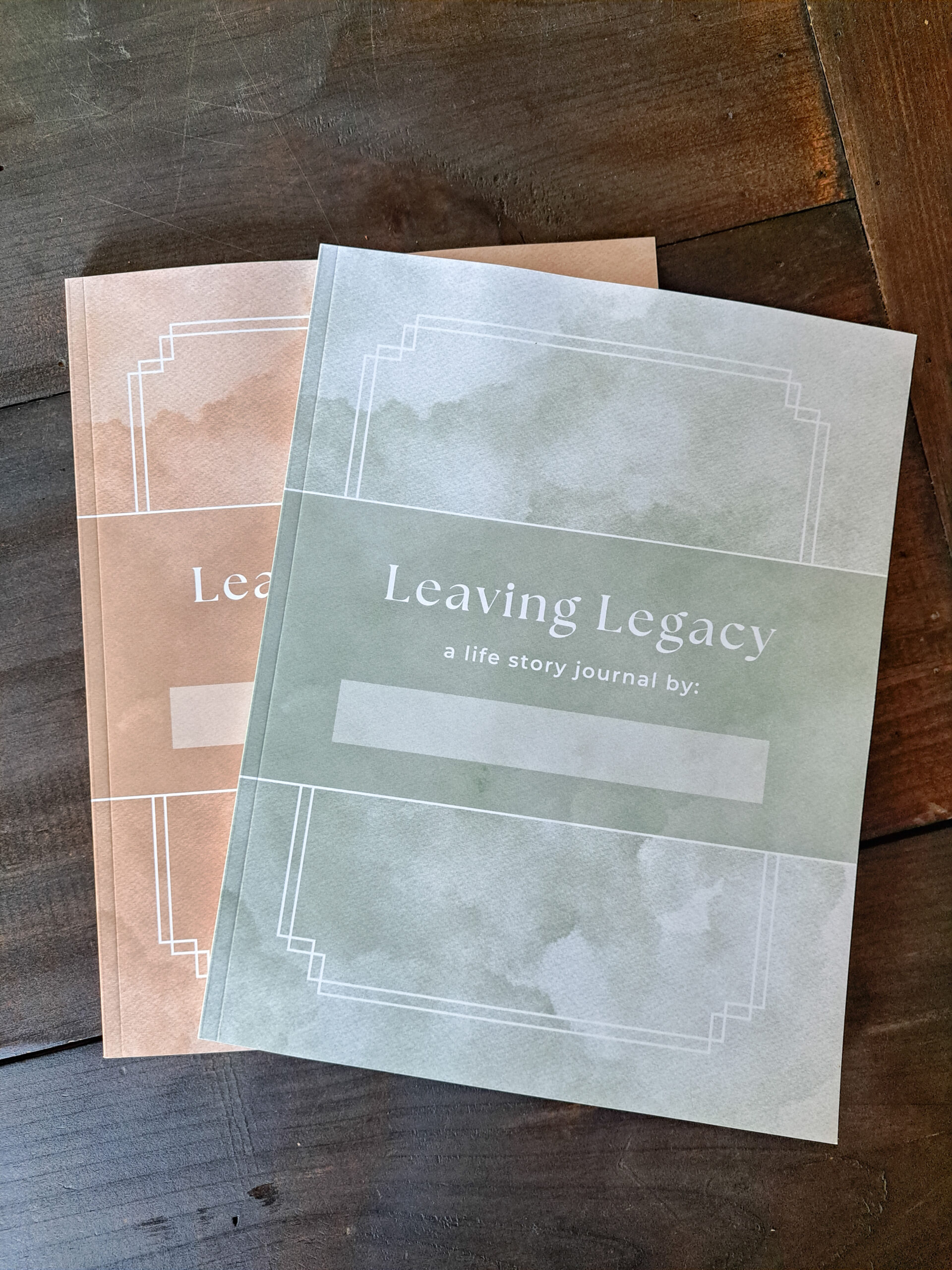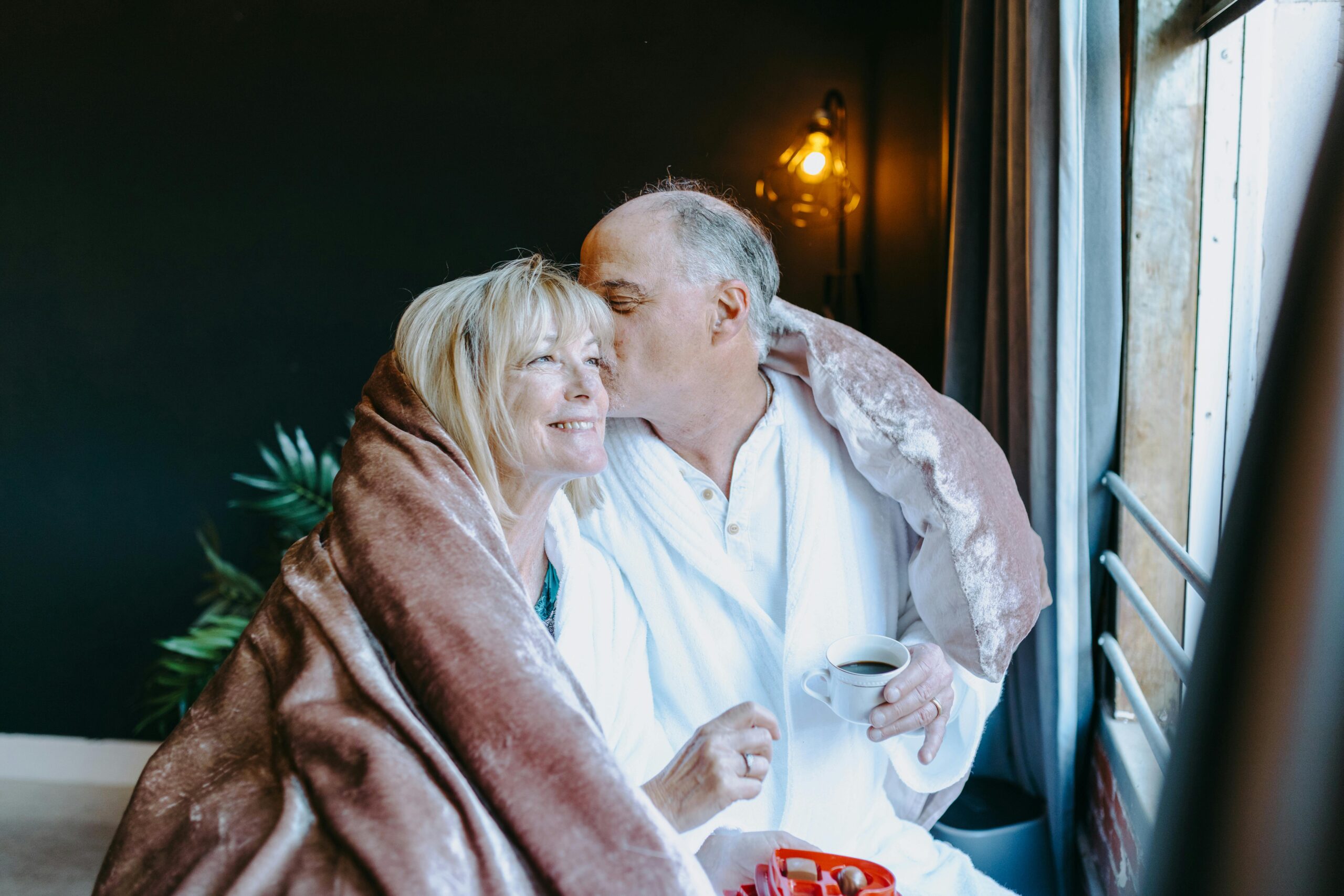LISTEN to the podcast of this blog post on Spotify:
WATCH the podcast video on YouTube:
In this series of podcast/blog episodes, I share real-life stories and experiences from my clients and people I have chatted with through a decade of working in the aging sector. Below is a summary of how each podcast/blog is outlined.
*Details of all podcast/blog stories are adjusted to ensure confidentiality of all parties.
In this episode :
- The Situation – What the client was experiencing or the circumstance they were facing.
- The Client – How the client was perceiving and responding to the situation – their mindset, emotions and result.
- The Guidance – How I helped shift their perspective to renew their mindset, emotions and result.
The Situation
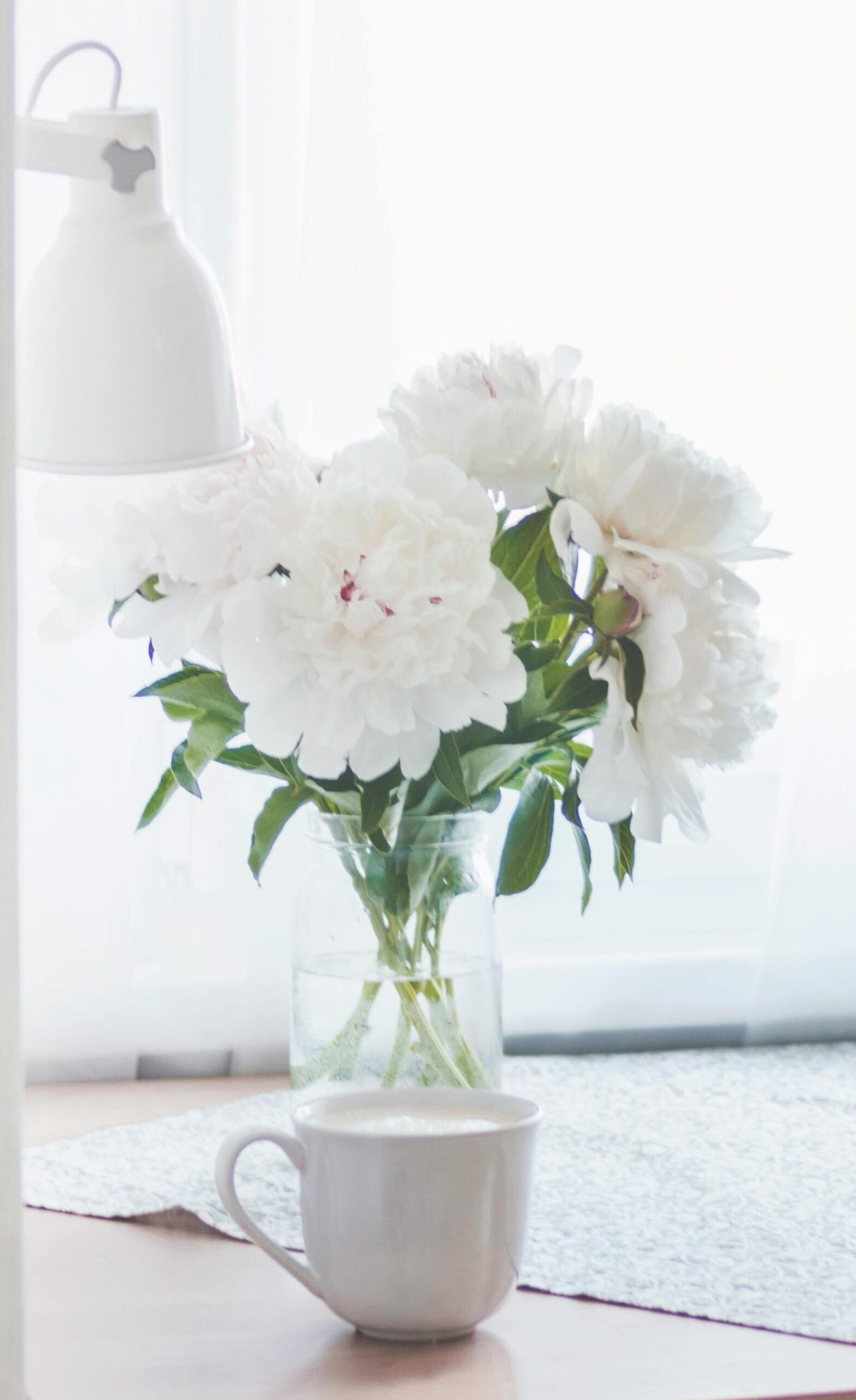
It’s funny the conversations you get into with complete strangers sometimes.
Maybe it’s the sector of aging that I work in but sometimes when people find out what I do they’ll just flood me with experiences and stories about aging and death that I didn’t provoke but they obviously feel the need to talk through and share so I’m always open to it.
But this woman I met once – I think I met her at a public library – we were just small talking and with something in the conversation she asked me what I studied in school and I told her gerontology, aging and at the time I had most recently completed an End-of-Life Doula course, which always stops people in their tracks because most people have never even heard of that.
Which is exactly what she said – “I’ve heard of a birth doula but never an end-of-life doula…what is that?”
So I explained to her what the course I took was about and the different types of roles an end-of-life doula might step into upon taking the course and she was just so intrigued.
The Client
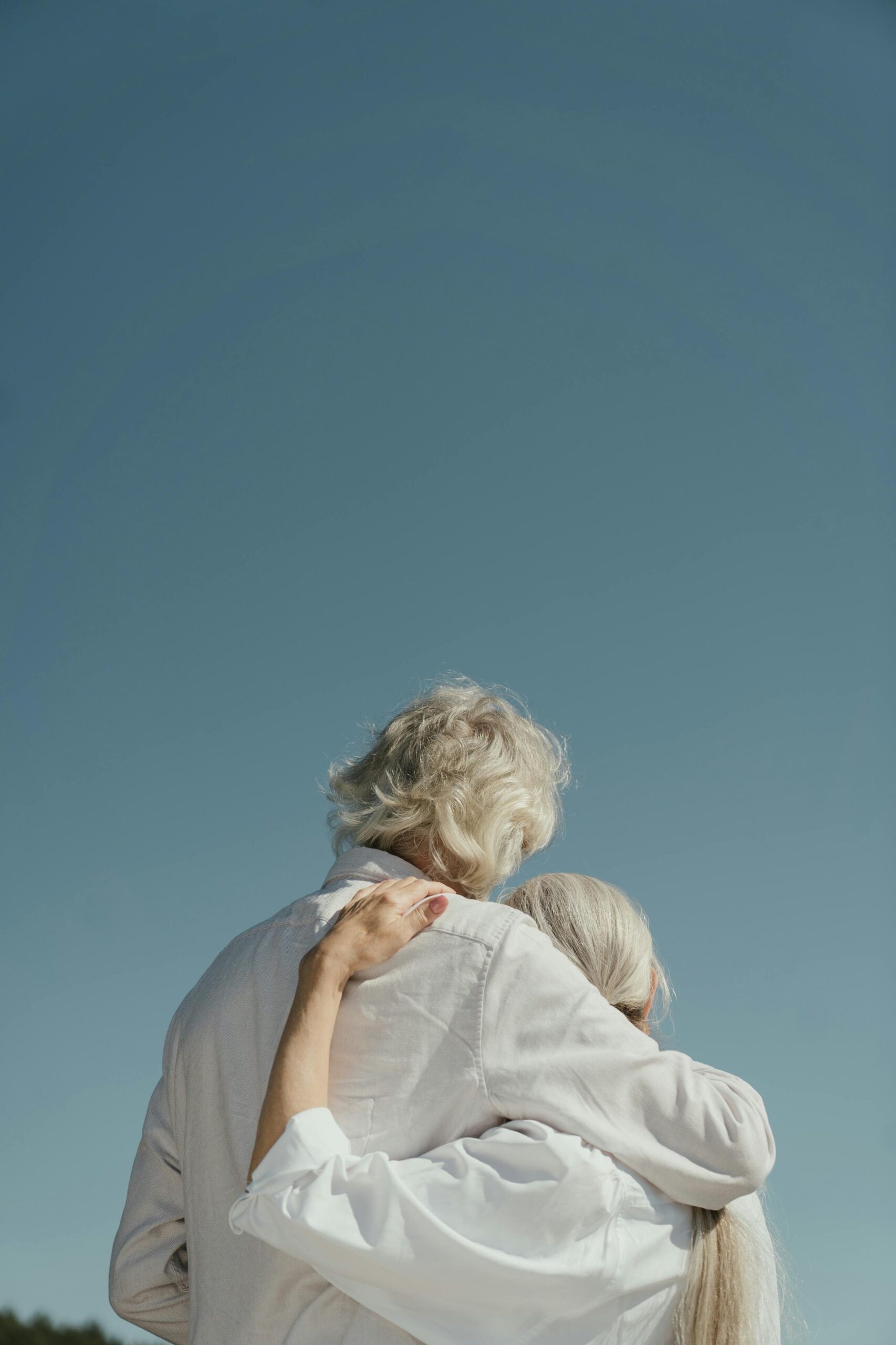
MINDSET & EMOTION
She started telling me that a few years prior to this, her own parents had preplanned and prepaid for funeral arrangements in their 50s.
She said at the time, she was absolutely appalled by the whole thing. She thought they were crazy and being so ‘dramatic’, I remember that was the word she used.
When her parents tried to talk to her about it and intentionally keep her in the loop about what they had done, she wanted nothing to do with it and wouldn’t talk to them about it.
She said she wouldn’t let them start the conversation about their own death. To her it felt wrong and it felt like they were bringing on their own death and being negative about life.
RESULT
This is exactly the mindset and the emotion that our western society has created around death. Which I’m going to unpack here in a minute.
But this woman continued in our conversation, and she told me that her father-in-law had just died suddenly a few months ago.
He had no plans or arrangements made, and there was no previous discussion with his wife or his children about anything to do with his death.
She said that experience and the fallout of the last few months watching her husband and his family completely shattered in grief and overwhelm while also navigating all the decisions and paperwork and legalities around death –
It all made her realize what a gift it was for her parents to have already completed all the end-of-life arrangements that they did.
The Guidance
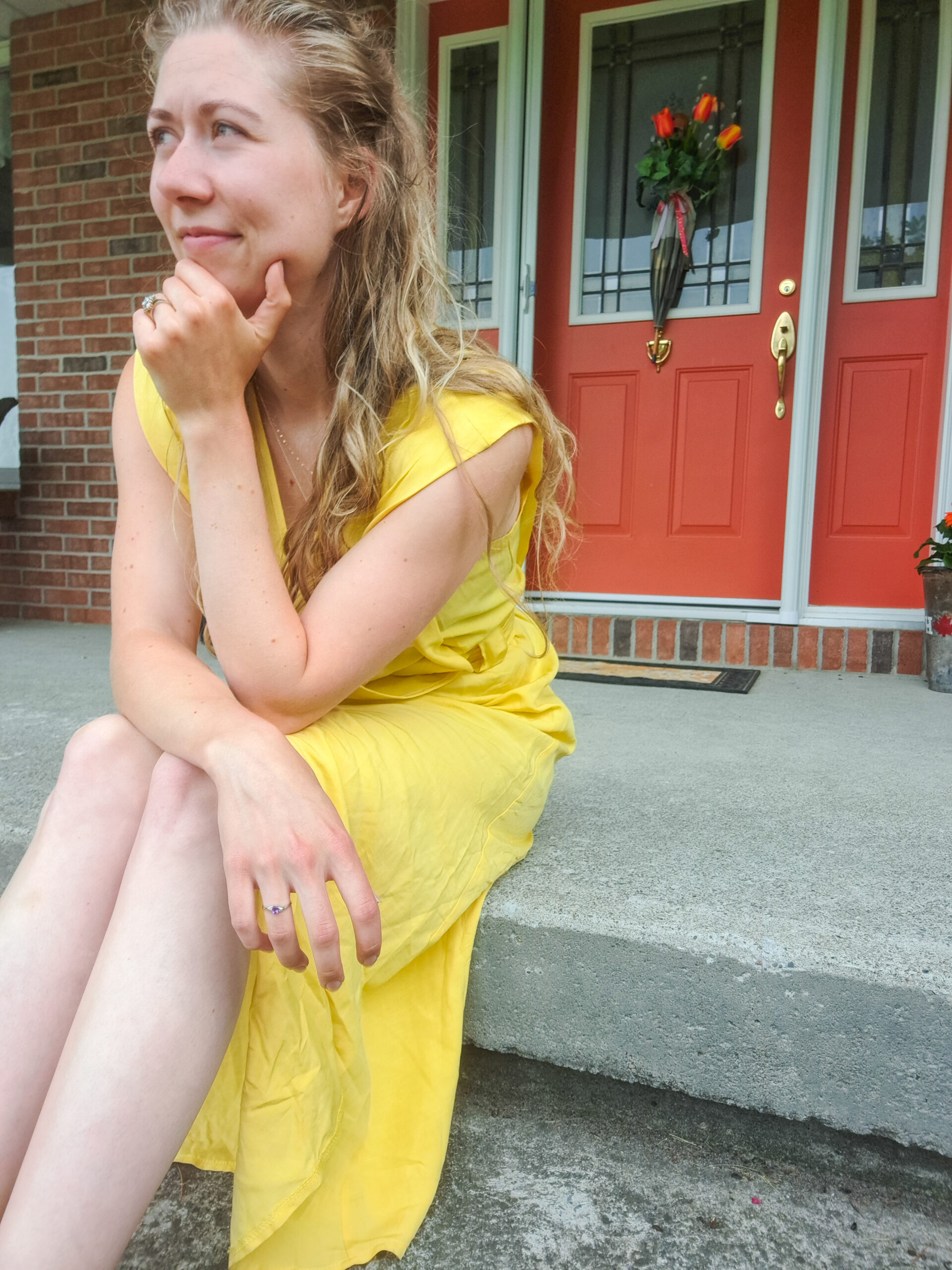
So, I want to unpack this –
Why do so many people in our western society today, ignore and turn away from, or HIDE from talking openly about death?
Let’s think about how death was dealt with 100, 150, 200 years ago. Which, in the passage of human history, really isn’t that long ago.
Death in Days Gone By
Funeral homes, or originally called funeral parlours, only emerged as businesses in the late 1800s. Before this, wakes and funerals and preparation of a body for burial was all done in the home of the deceased person.
This is why funeral parlour was the original name, because a wake and funeral ceremony would take place in the parlour of the family’s home. If you don’t know, the parlour was the main sitting room of your home and usually in those 1700, 1800, early 1900 homes, the parlour was the first room you walked into when entering the home and it was the room guests were welcomed in and gathered in.
So everything about death and the deceased person was kept within their home.
In those days, there were often 3 or 4 generations all living in the same house. So every generation, from elders down to infants, were witnessing and experiencing the details of death within their home.
Now when you think about this from an psychological and emotional perspective, think about the difference in the way you would process and grieve a death where you yourself are moving the body and preparing the body and preparing your home for a funeral gathering…
…Or if you’re a child, you’re watching all of this happen in your own home and even a child probably had some role in this process – they went out and picked flowers for the grave or washed the clothes that would dress the body.
All of these tasks around death in your own home, brings the psychological and emotional processing of that death to another level.
Many people argue that we’ve actually made it more difficult on ourselves to process and grieve and heal from someone’s death, because we aren’t fully experiencing the death.
We are outsourcing death.
A body is removed from the site of death either by a funeral team or a coroner team and it may never be seen again by the family. A body is then prepared usually in a funeral home or a crematorium by people who didn’t know this person.
And I’m not saying or advocating that we go back to the 1800’s style of death preparation, but I do think we need to stop and take a look at what this has done to our perception of death and the way we talk about death.
Because when we’re outsourcing death and the process is no longer happening so close to home, we’re not being exposed to the depth of reality that is death. And that impact the way we are psychologically and emotionally able to process death, unless we are intentional about understanding it.
Death Today
So let’s look at our modern day, 2025 perception of death.
I want to give some examples that I have seen that stop me in my tracks because it’s so obvious to me that some things we are choosing to do create an unhealthy perception of death.
A really common one, is the language or verbiage that we use to talk about death.
We say things like, they passed away, they passed on, they are no longer with us. But all of these things are blanketing the word DIED.
The person died.
That probably sounds really blunt and jarring to some of you, but that is the reality of life ending.
We die.
I actually think we’re sugar coating death and delaying our emotional processing of a death when we use terms like passed away.
I know I’ll probably get some push back on this one because I have many times before when I’ve had conversations with people about it, but I do say and explain all of this with so much love, because I know everyone listening to this is in a different stage of their own grieving process surrounding a death.
You may be listening to this and just had someone you loved dearly die, and you’re in the depths of grief right now. Or you may have had someone die 5 years ago and you are still experiencing waves of deep grief. And all of that is normal.
Our experiences and perceptions that we’ve gathered throughout our lives will dictate how we process a death.
Which leads into the topic of how we are taught to perceive death in our childhood.
Learning to Process Death
I think we do a disservice to children when we remove them or don’t invite them in to conversations and observations and experiences of death.
Because if you are not taught as a child, the psychological skills to process death and accept grief as a healing mechanism, then you as a child with your child-lens of the world, are left to develop your own coping skills.
Your inner child is trying to ensure safety and survival and when you are left to create your own coping skills, you will carry those coping skills into adulthood unless you learn that you need to UPGRADE your internal operating system around death.
Jess Davis
The greatest thing we can teach ourselves and our children is how to talk about and process death well or in a healthy way.
Life is a constant state of surprise, acceptance and adjustment.
The cycle of life and death is part of that.
[ Side Bar ]
This is a complete side-bar, but it is SO interesting to me that we’ve done the EXACT same thing to birth.
At the time of this recording, I have a 2 year old and I am pregnant with our second baby, so I’m in the mindset to parallel these two things…
100 years ago, no one gave birth in a hospital, you gave birth at home. It’s the same thing with death, no one use to hand off death to a third party, it was all kept within the home or very small community.
I just find it interesting that both ends of the lifecycle we have completely removed from the intimacies of home.
The intimacies that we held on to for thousands of years of human existence and I just question, and I urge you to question, how does that impact us mentally and emotionally?
How does that impact YOU mentally and emotionally?
How does medicalizing and industrializing the beginning and the end of life impact how you view the miracle and privilege of life?
RENEWED RESULT
In 3-4 generations, we have stigmatized death to the point that we ignore it’s existence.
And it’s inevitable!
We all die.
This is the cycle of life from the beginning of time for every living thing.
If we allow ourselves to assess the coping skills that we either self-developed or were taught as a child to process death, then we can start to identify whether those coping skills are helping us or hindering us in our stages of grief and healing.
A FINAL RESOURCE
I’m going to conclude by leaving you with a resource to look into if this episode really struck a cord with you at all.
It’s called Death Cafes.
If you google for where ever you live – Death Cafes Toronto, Death Cafes Edmonton, then you will likely find local events pop up.
The overall concept of a Death Cafe is a group of people meeting together over coffee to openly talk about topics surrounding death.
Usually the people hosting or leading these conversations are intentional about not making the conversation based from a teaching or clinical lens.
Death Cafes are meant to be very informal, bring together people from all walks of life to just ask questions and create awareness. They are not meant to make you believe a certain thing or come to any specific conclusion, they are truly neutral, open conversations for anyone.
Jess Davis
I’ve attended death cafes where topics were brought up from green burials, to pet funerals, to MAiD (medical assistance in dying) or conversations around finding a death doula or building your own coffin.
Nothing is off the table and nothing is scripted.
You can also go to deathcafe.com and find death cafes all over the world and virtual ones as well – I would guess that there are way more than are listed there.
This is one episode that I would love to hear your thoughts on so send me a message to chat about it – hello@nestage.ca
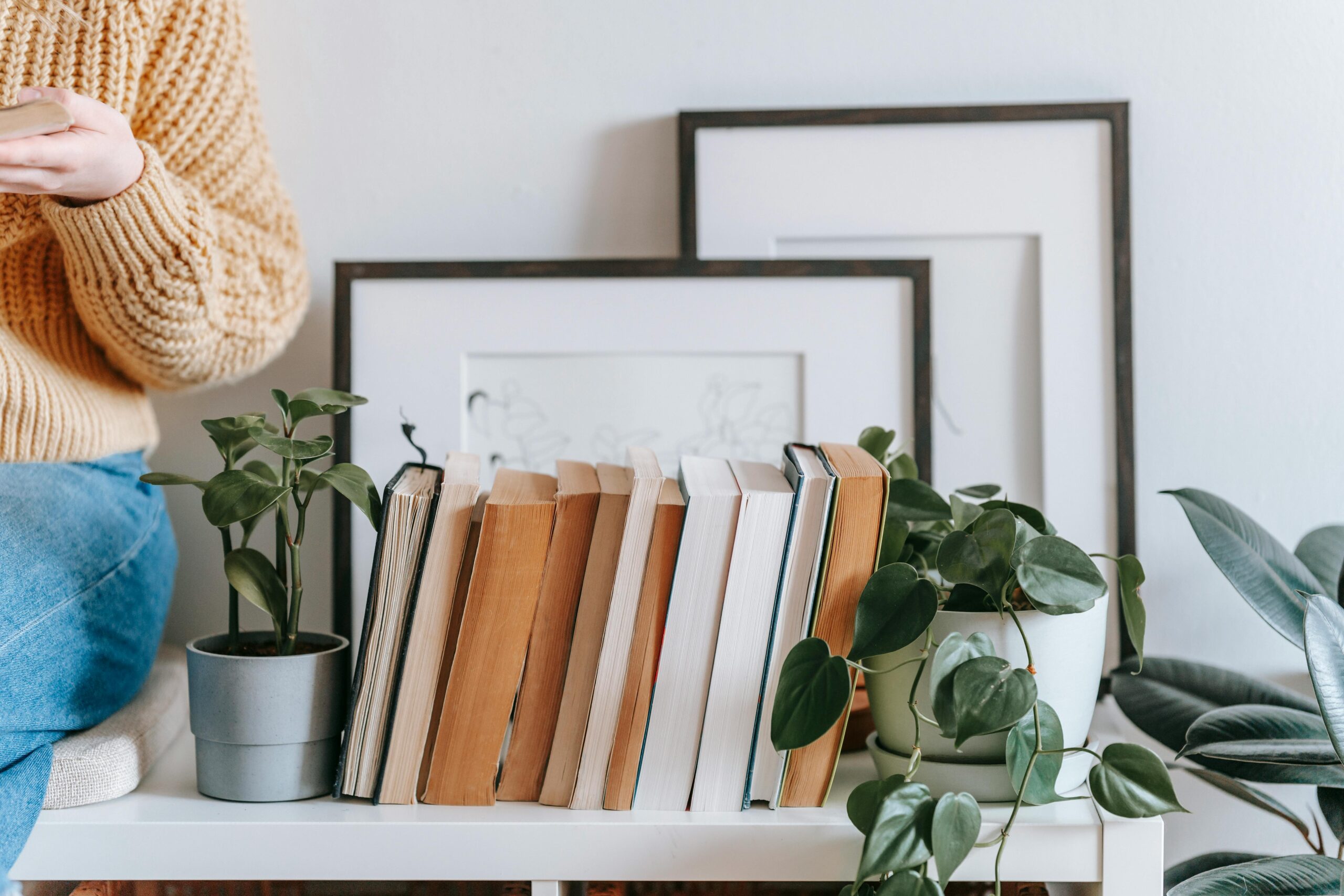
3 reminders before you go –
#1. Go check the show notes for any resources or links I mentioned in this episode that peaked your interested. (I link these directly in the blog above.)
#2. Please share this episode with a friend whom you think it would bless. Because in order for more families to benefit from my Age Planning resources, I need listeners like you to spread the word.
And #3. I would love to hear from you – email me with your thoughts on this episode, or to suggest a topic you’d like to hear on a future episode – hello@nestage.ca .
And remember, we’re all aging. Aging is the same as Living. And it is a privilege to live and to age.
Jess

